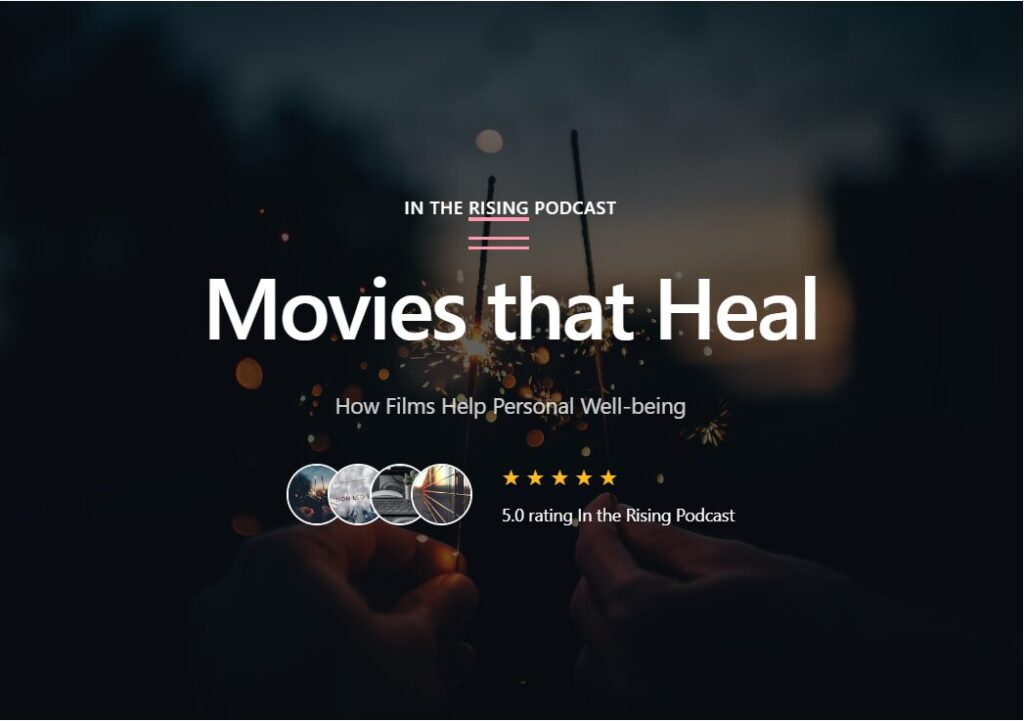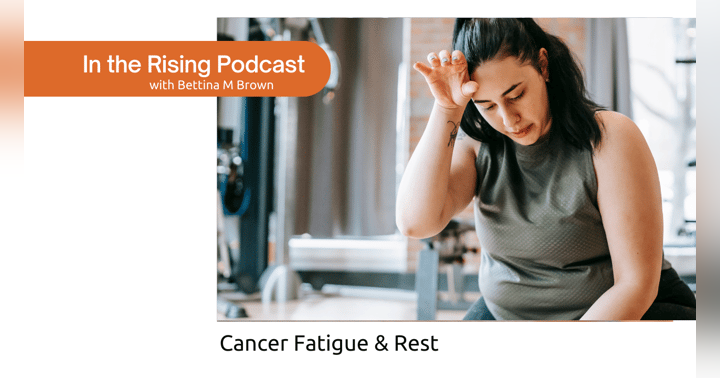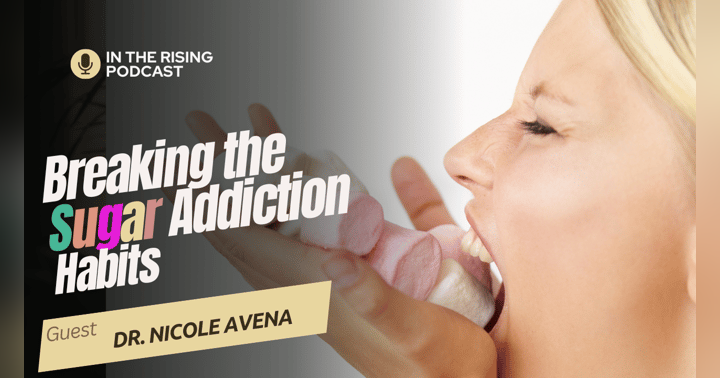Movies that Heal: How Films Help Personal Well-being

What do the right films create emotionally?
For as long as we can remember, movies and television shows have served as an indispensable source of entertainment and a much-needed escape from reality for people around the globe. Who among us has yet to find themselves delving into the world of Adam Sandler and Jennifer Aniston, getting caught up in their humorous antics in a feel-good romantic comedy, and relishing in the good laugh that ensues? Seeing Denzel Washington portray a variety of characters involved in a true love story, coming from a dysfunctional family, or portraying a true story.
Morgan Freeman has an iconic voice that tells emotional stories about the miraculous events that surround us. At the same time, we are blinded by day-to-day life, the valuable tool of faith healing in some cultures with a calm, narrative voice. Or perhaps you've admired Scarlett Johansson, as she masterfully takes on roles that champion female empowerment, inspiring audiences and driving forward the conversation on gender equality in the process. We will follow the story and feelings of the main character and create memories of teenage love, a crazy time on a road trip with close friends, or feel blessed that we aren't the only ones with family problems.

The science behind the feelings
Psychology Today describes how movies and TV shows can create a connection through the use of our senses and thoughts. Though there is limited research on how movies create this sensation, there is no doubt that certain actors have been able to create this connection in various roles- Matt Damon, Julia Roberts, and Drew Barrymore, to name a few.
As stories unfold on the screen, we are transported through space and time and remember our happy and fun or, for some, traumatic high school years. We remember how we felt when we had a broken heart and felt that we would never be able to recover. Some of the movies can provide the happy ending that we desperately want.
Even though movies have their rules that they follow with word spreads, such as the 180 rule, establishing shots, and cross-cut editing, our memory of how we feel is the only thing we take away from the movie experience.
How many of us remember going to a movie for the first time with our best friends, throwing popcorn in the movie theater? Or are we going through a series of breakup movies as we go through tough times ourselves?
How Movies Can Create Healing
Phil Strangolagalli's fascination with movies began long before he experienced a major life event in 2017. He described enjoying the mysterious characters and profound themes. It was during this time that he went through a deep trauma, facing the loss of many plans and feeling like everything was taken away from him. He found himself in a job where he was pressured to compromise his values and integrity, which left him feeling lost and purposeless.
In search of solace, Phil turned to movies as a form of escape and connection. In one of these movies, Phil connected the professional and personal relationships he was dealing with in real life and how these portrayed his own life.
One film that particularly resonated with Phil during this challenging period was "The Count of Monte Cristo," a story of betrayal, injustice, and eventual redemption. Phil saw his own struggles mirrored in the protagonist's journey, as he, too, felt exiled and isolated from the world. He watched the movie repeatedly, finding solace and connecting to the character's experiences.
Inspired by this connection, Phil felt compelled to write about his own grief and the therapeutic power of movies. The painful feelings that he experienced in real life and observed through the movies played a significant role in his own journey of self-discovery and spiritual journey.
What initially started as a personal grief journal eventually evolved into Phil's book, "Jesus Loves Movies." Through this 30-day devotional, Phil explores the profound impact that movies can have on our emotional well-being. He delves into various films, including their characters, themes, and messages, while drawing parallels to his own life experiences.
By doing so, Phil invites readers to engage with movies on a deeper level, using them as a tool for self-reflection, healing, and spiritual growth. Who would have thought that movies could end up being spiritual teachers for us as well?
During our interview on In the Rising Podcast, Phil emphasized the importance of faith in his journey. Phil described that he had felt a deep connection with Jesus, starting at age 16. this continued studying the Bible well into college, as an inspirational story for his own life to follow. He felt a connection with the For him, exploring how Jesus would interpret a movie and how Jesus would have experienced it added an extra layer of meaning and depth.
Phil reminded us that if faith-related discussions aren't of interest, this podcast episode may not resonate. However, Phil's insights provide a unique perspective for those open to exploring the intersection of movies and faith.

Phil's book on self-discovery
In writing "Jesus Loves Movies," Phil took a leap of faith as an author, acknowledging the risks and vulnerability involved in sharing his personal experiences. Only a small percentage of aspiring authors succeed in publishing their work, making Phil's accomplishment even more remarkable. His passion for movies and their potential to heal shines through in every word.
Overall, my conversation with Phil Strangolagalli shed light on the transformative power of movies in personal well-being. From finding solace in characters' journeys to using films as a platform for self-reflection, movies can offer comfort, inspiration, and a sense of connection during challenging times. Phil's book, "Jesus Loves Movies," serves as a guide for film enthusiasts seeking to explore the deeper meaning behind their favorite films and harness their healing power.
To all the movie lovers out there, let's remember that beyond mere entertainment, films can truly be a source of healing and personal growth. So, the next time you need inspiration or a fresh perspective, why not turn to one of your favorite movies? You might be surprised by the insights and healing it can bring to your life.
For more ITR episodes on Trauma and Healing:
Cheryl Ilov Barely Coping With Trauma and PTSD to Full-Fledged Ninja Warrior
Rena Romano: Call to End Silence on Sexual Abuse
Paulette Perhach: Victim Mentality to Published Author in The New York Times
In the Rising Podcast Gift:
One thing often discussed is the importance of recognizing the gift of gratitude, especially in difficult times. Click here to sign up to receive the 25- prompt gratitude guide to get you through nearly one month of journaling.
To listen to the podcast episode:


